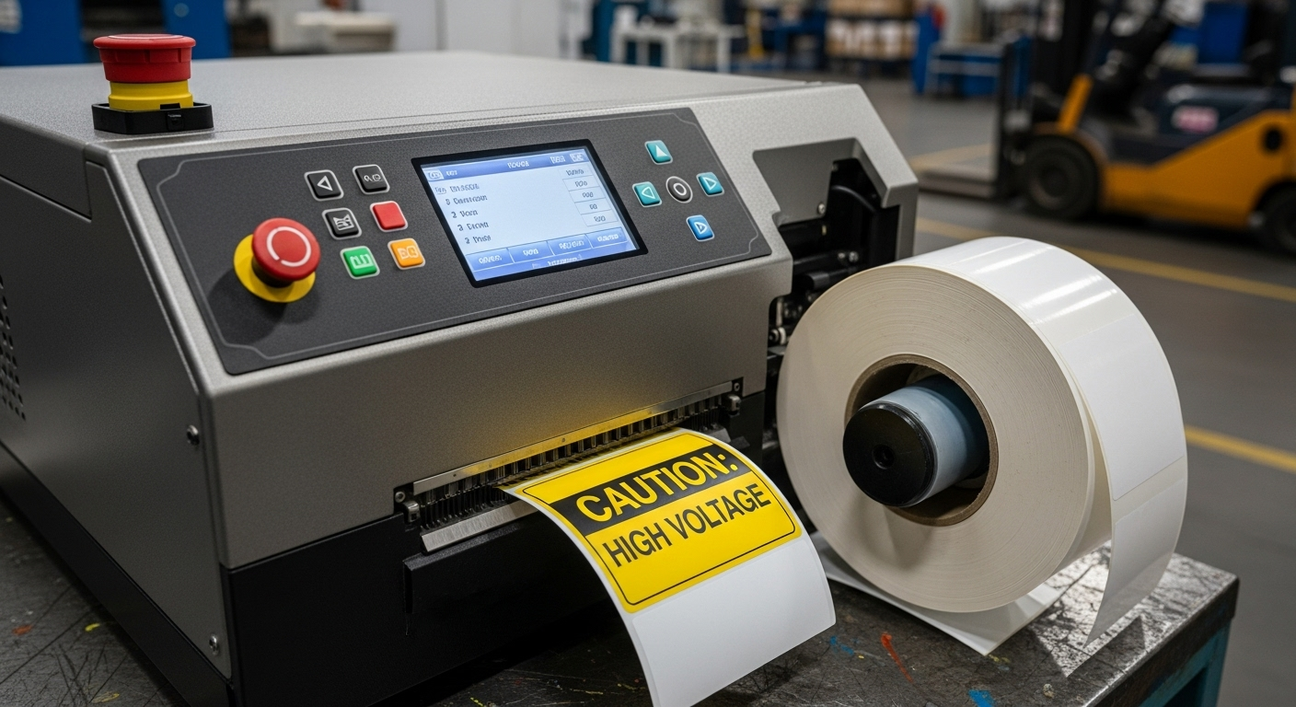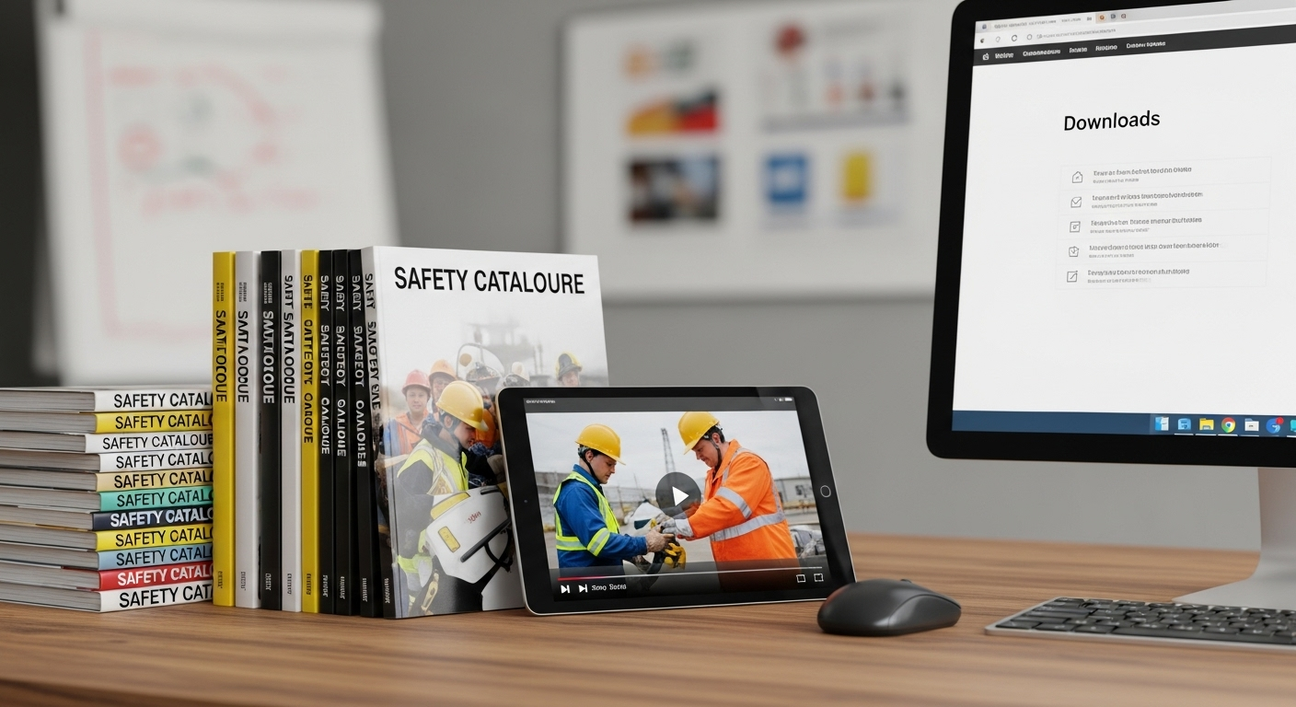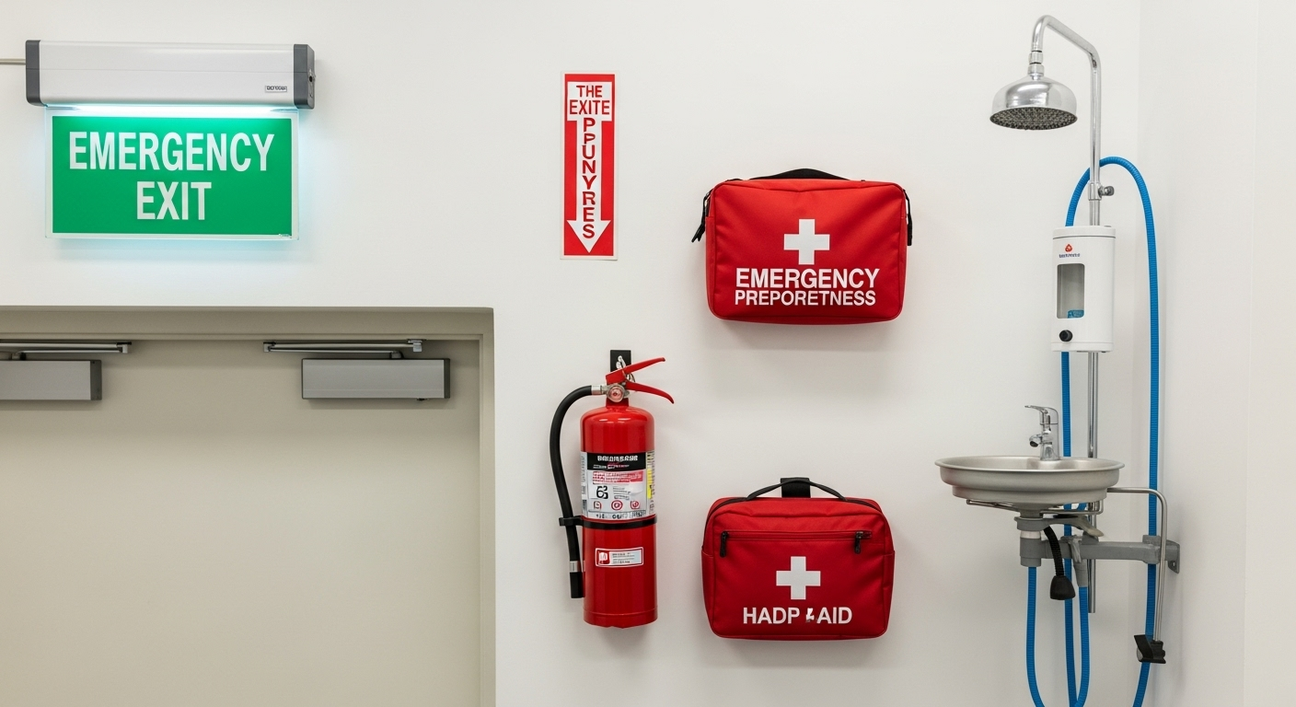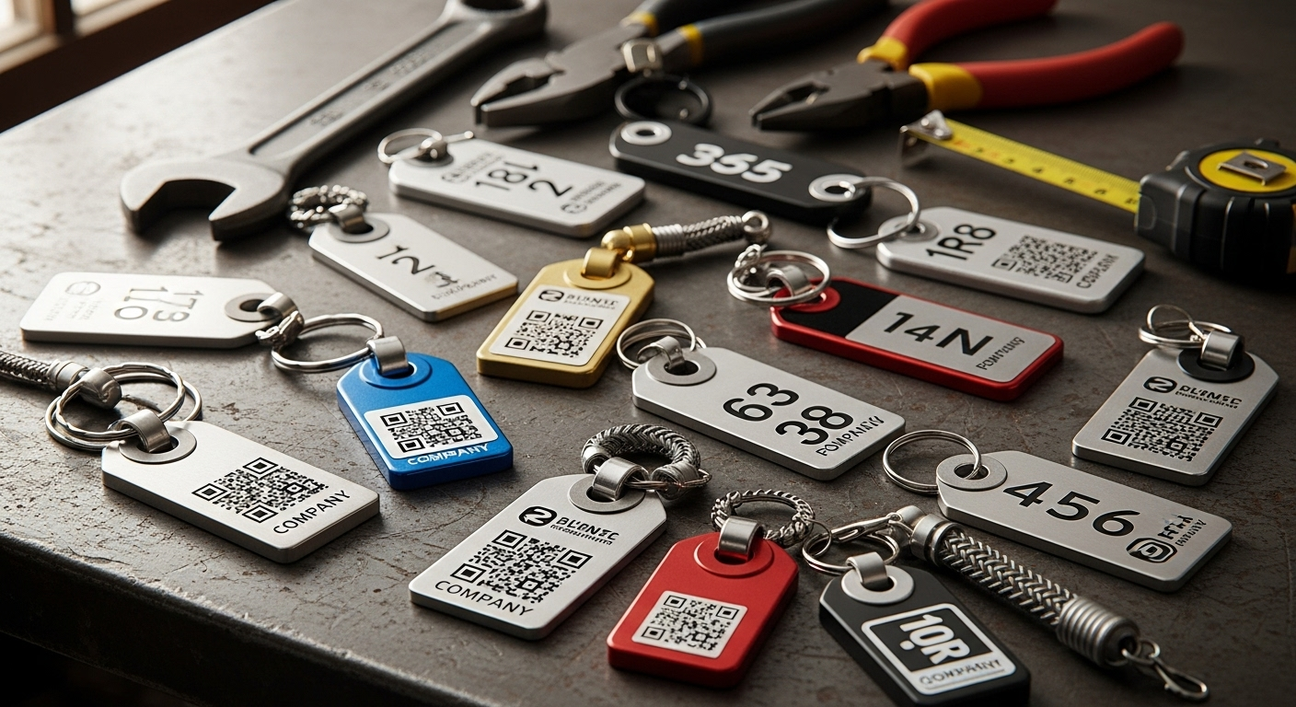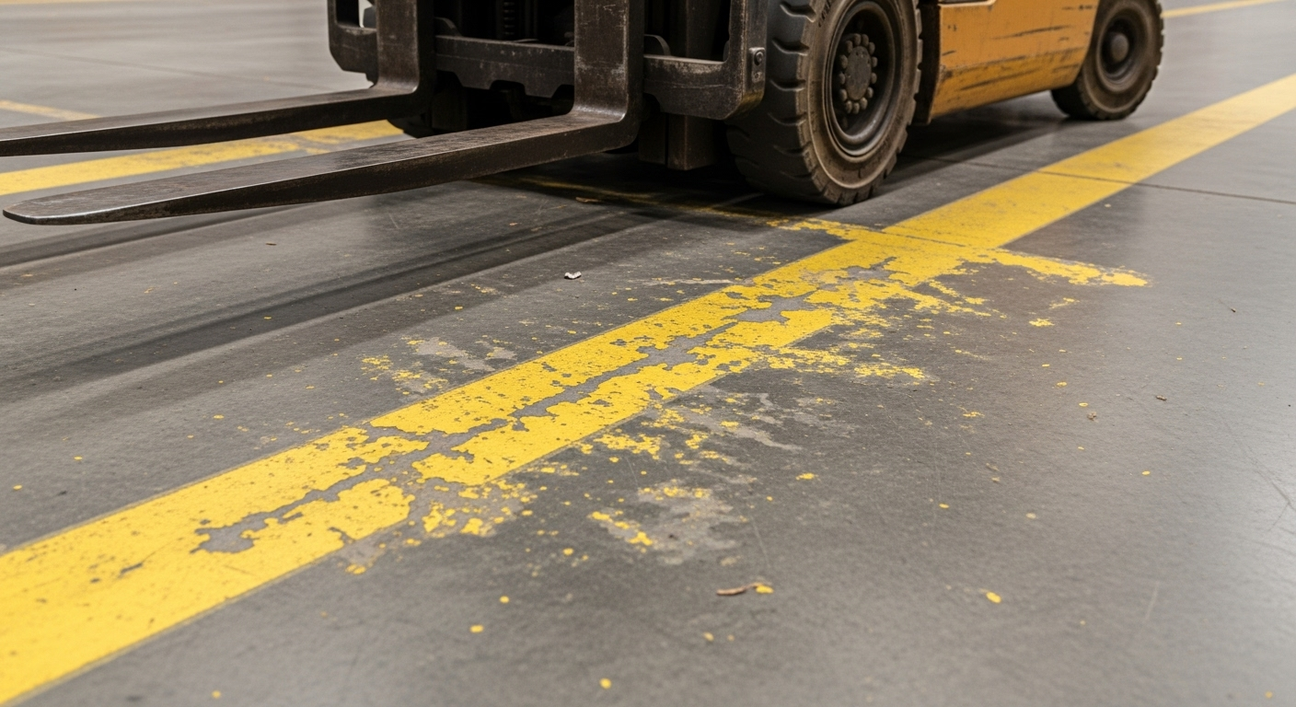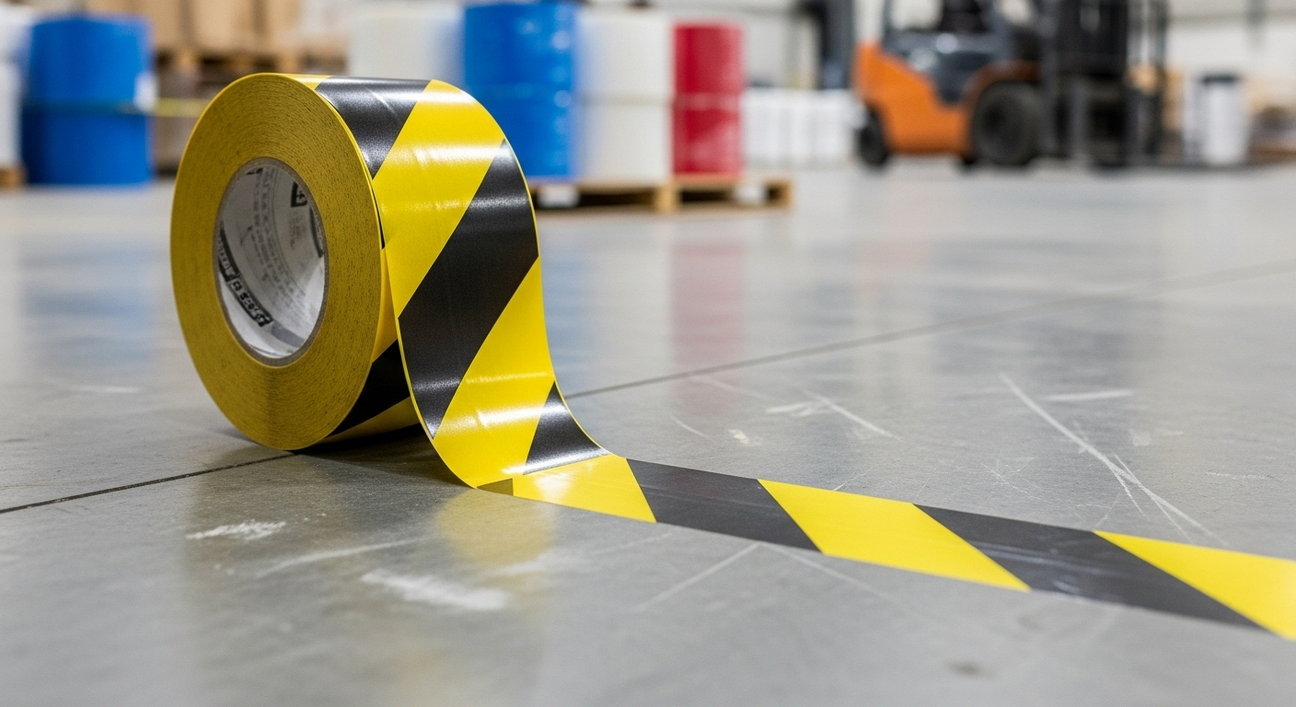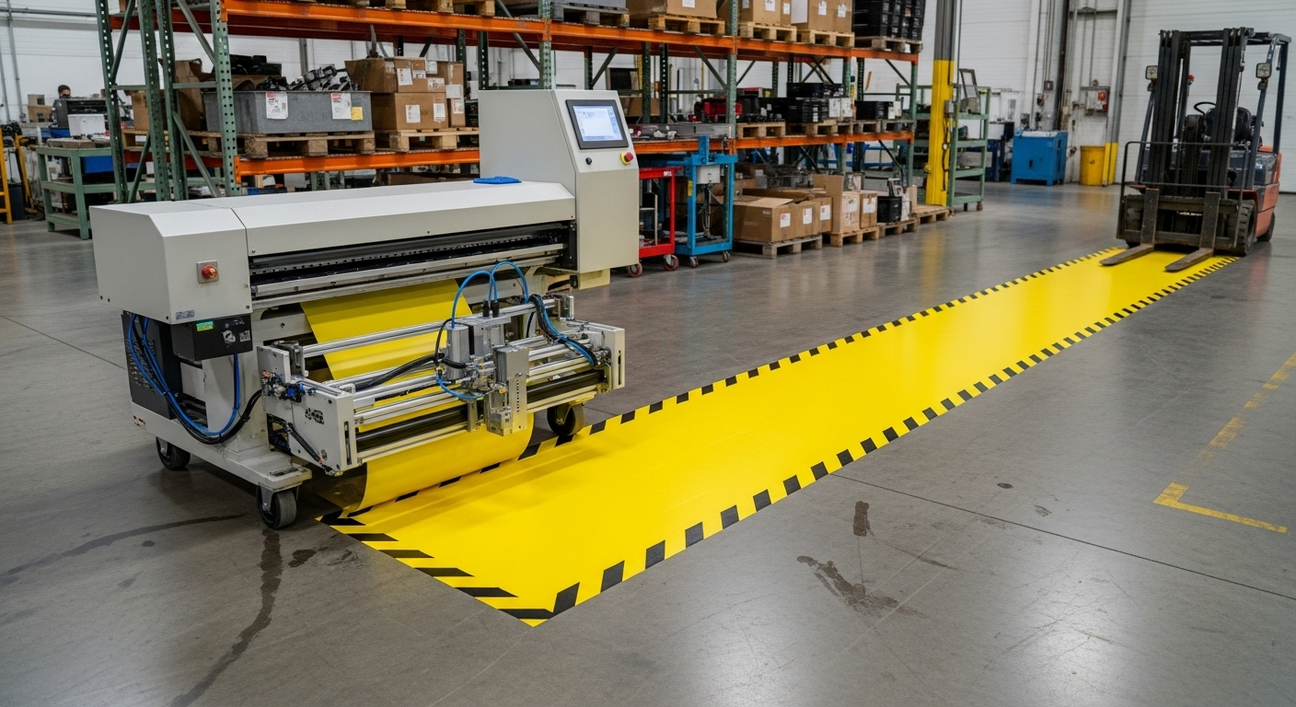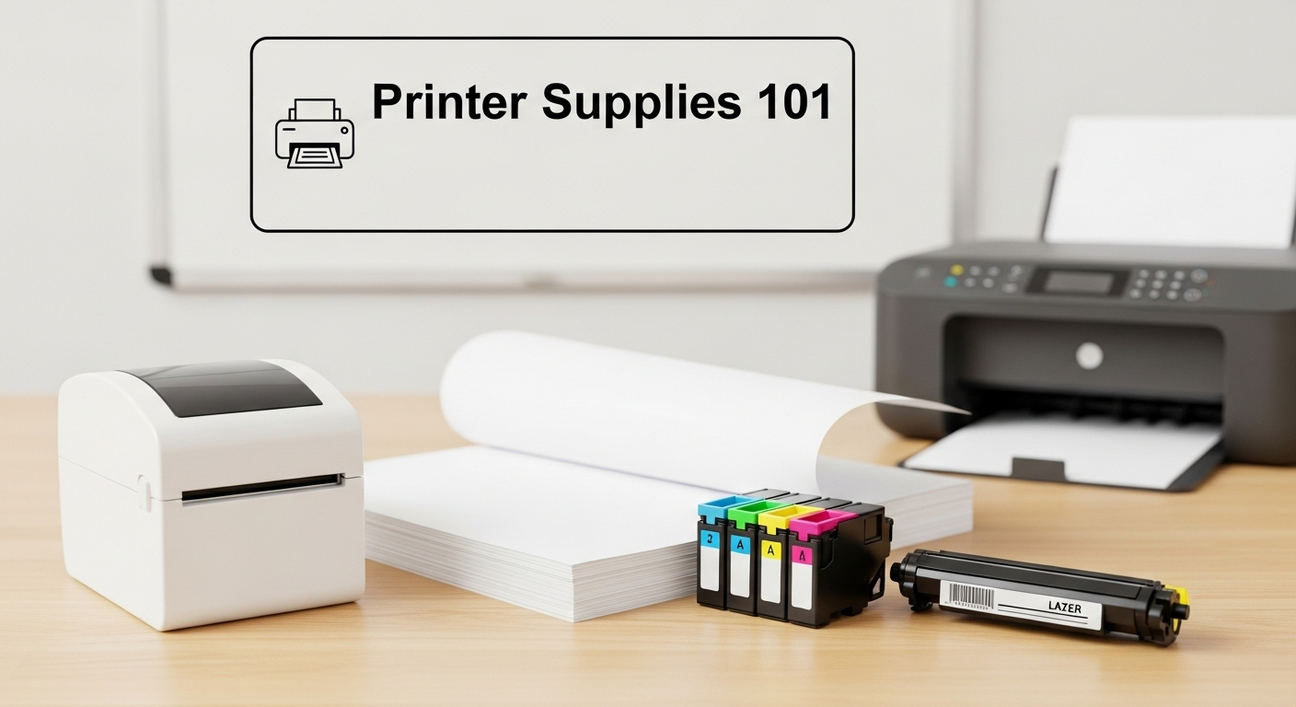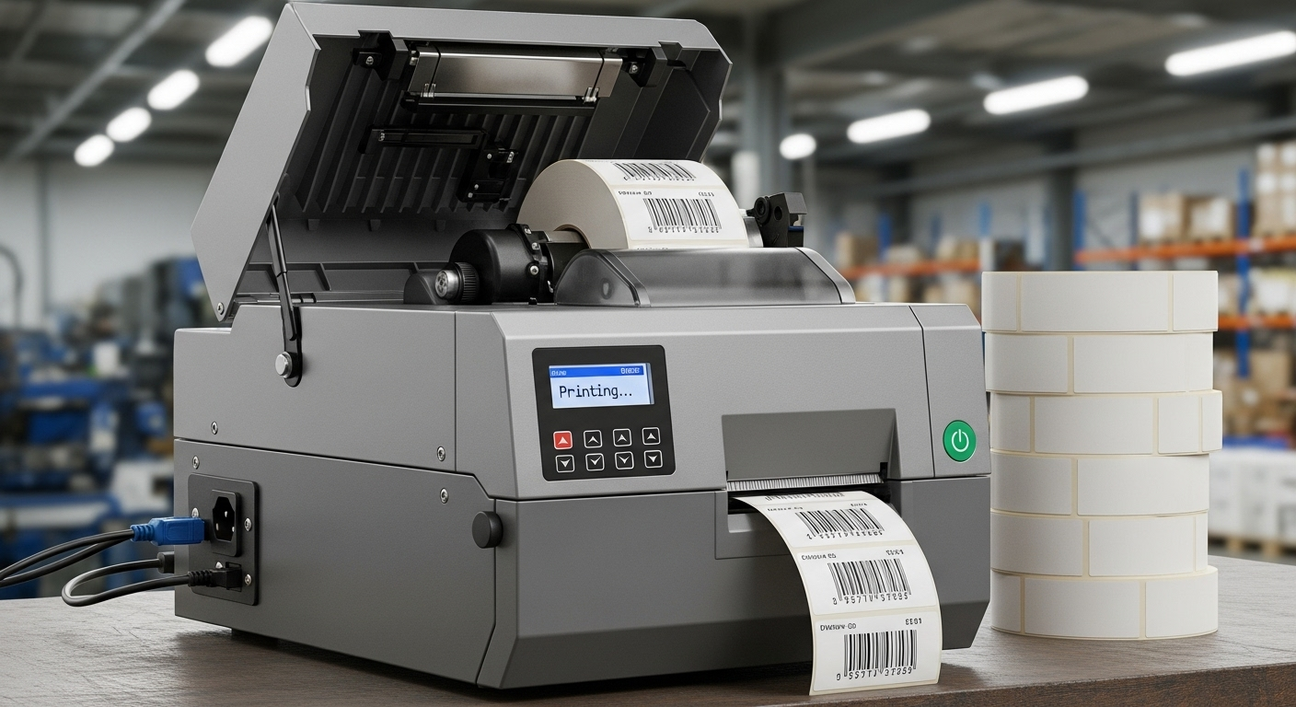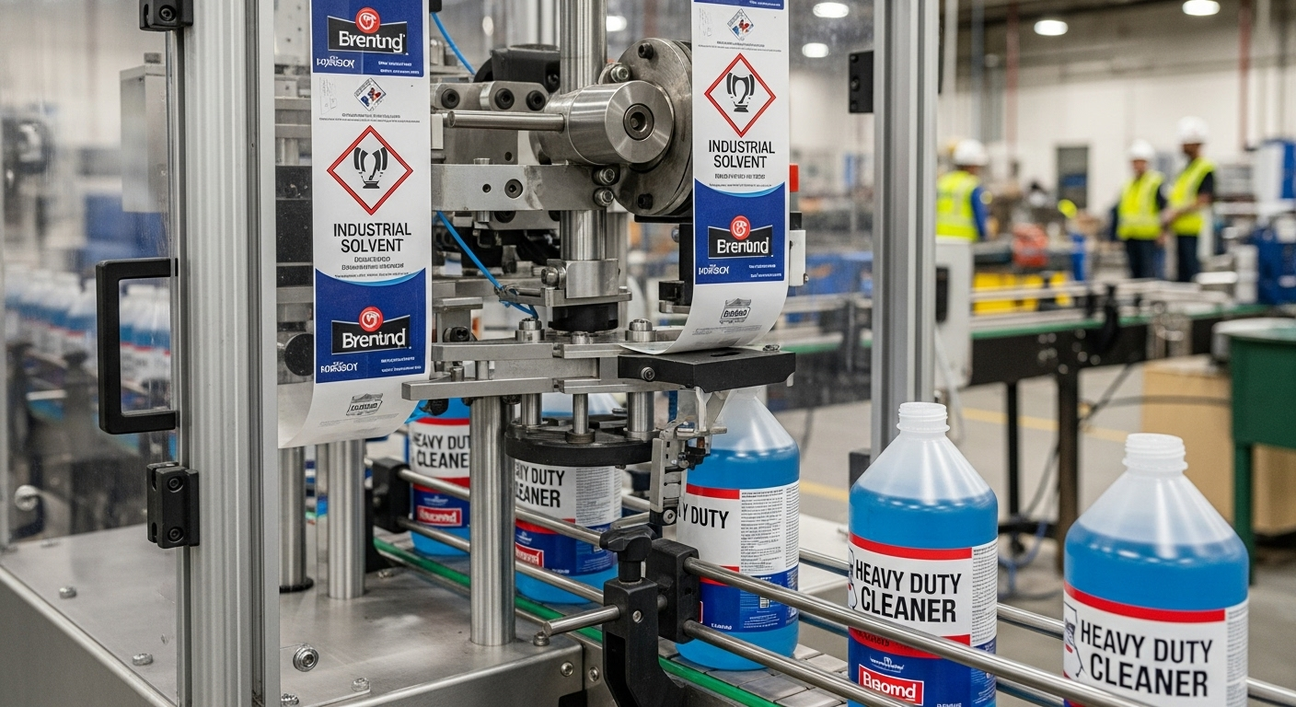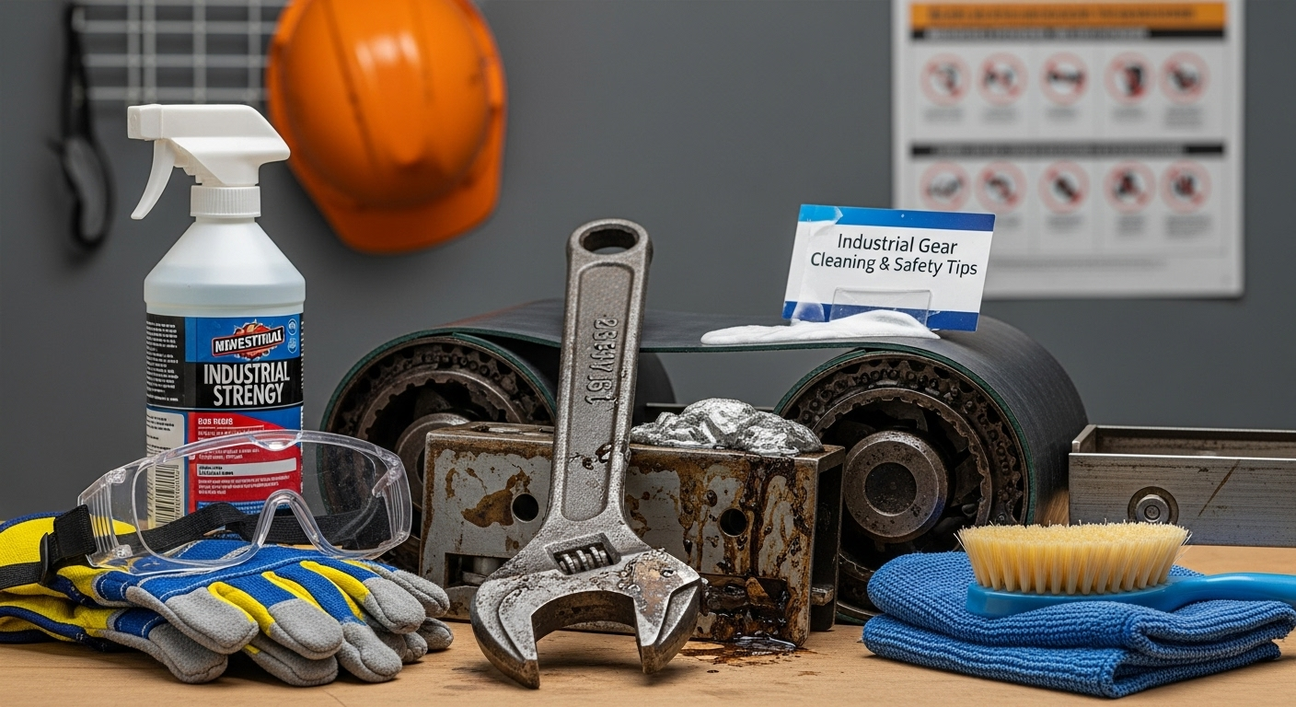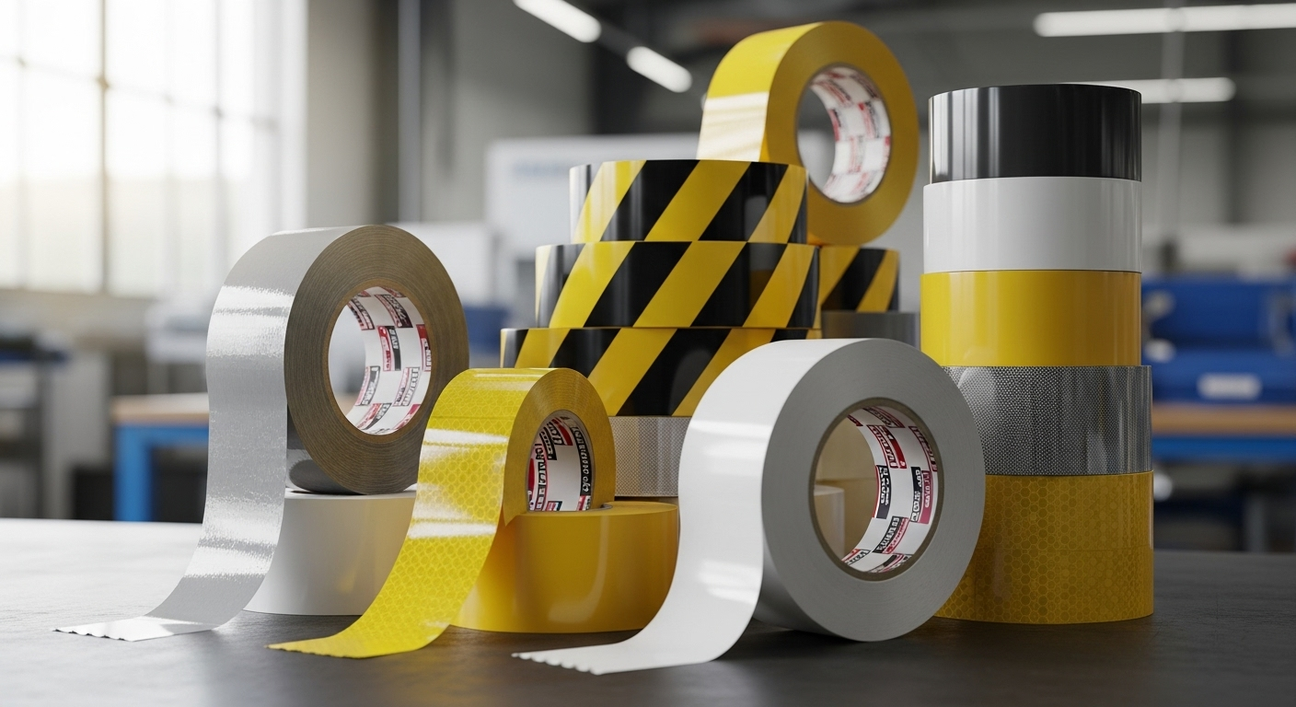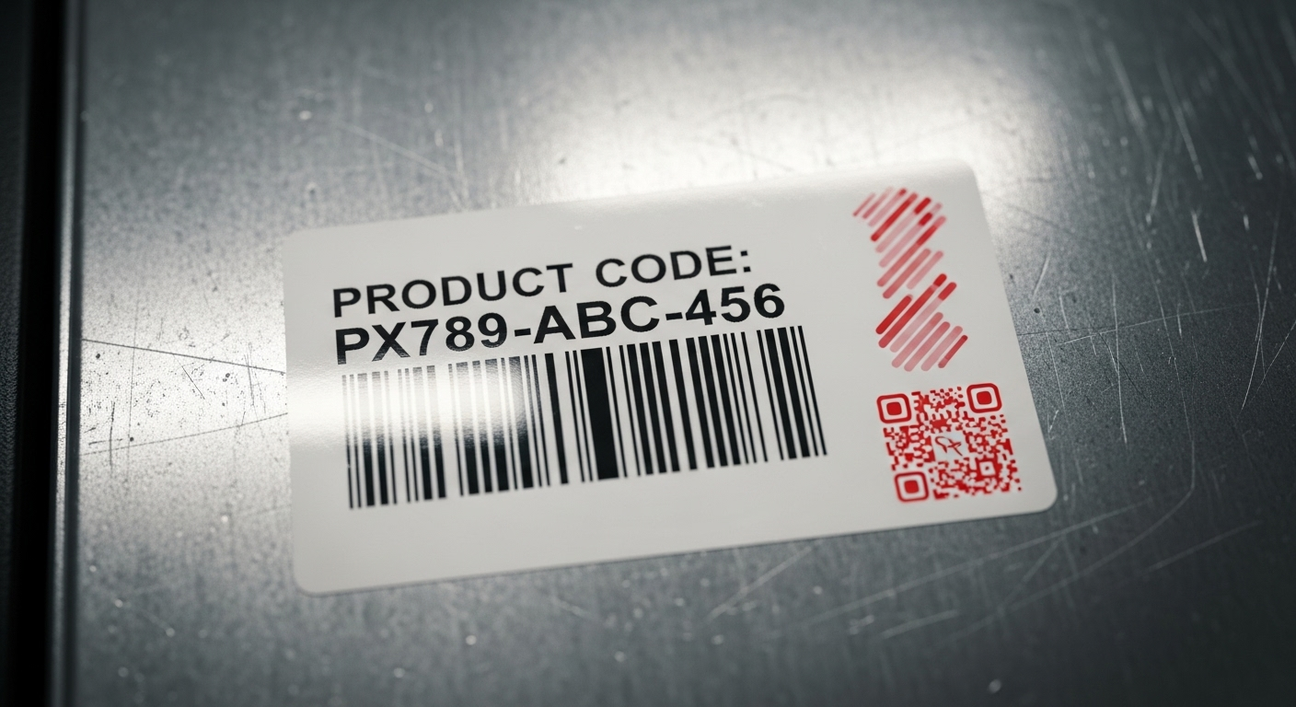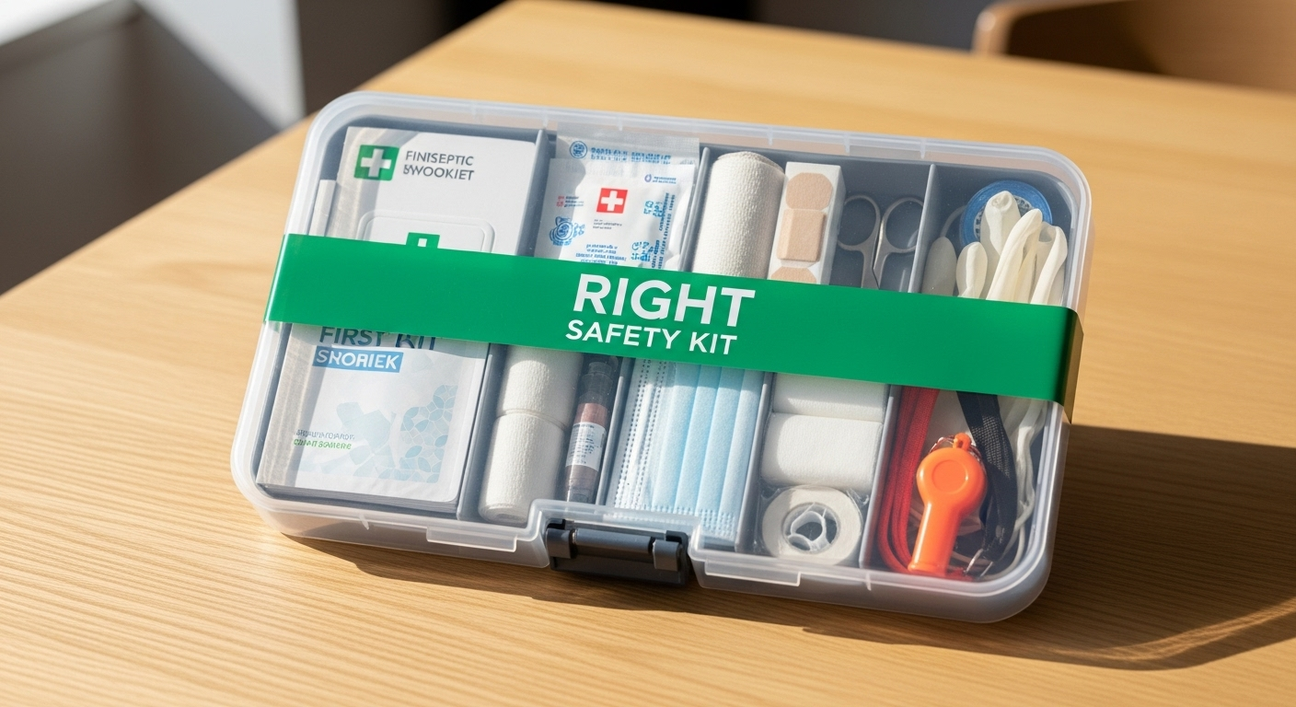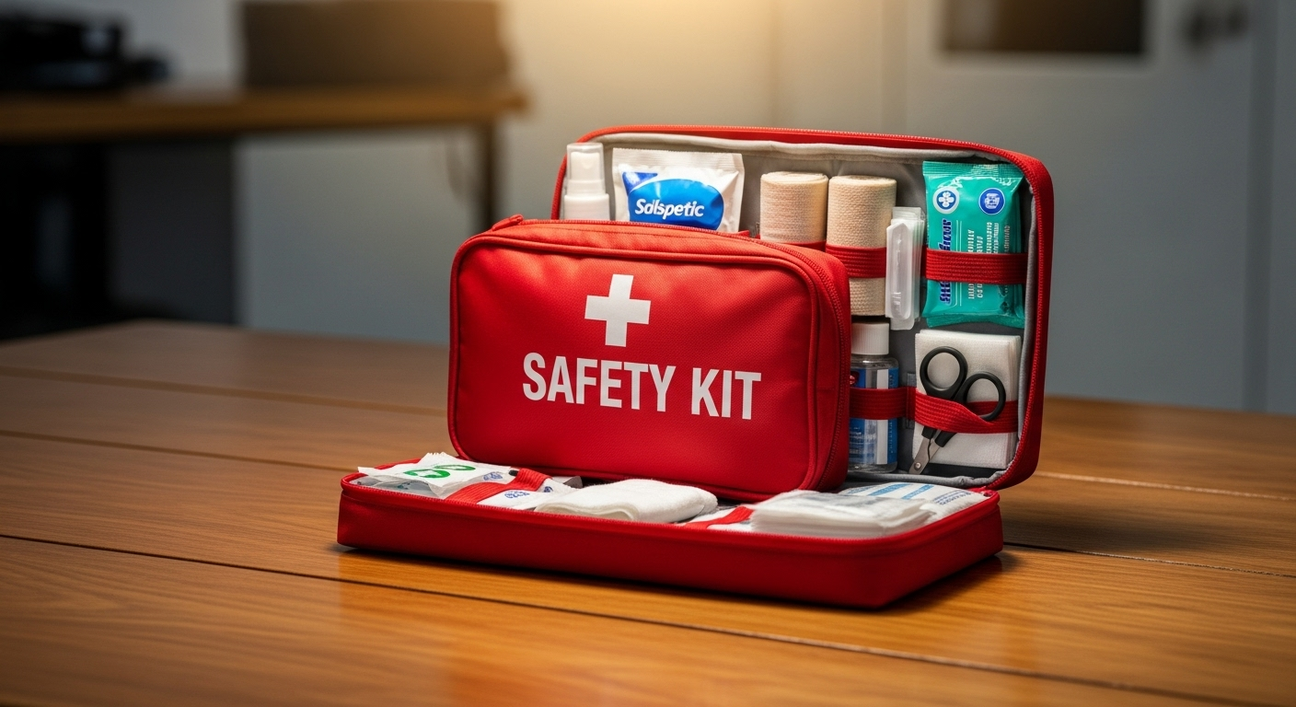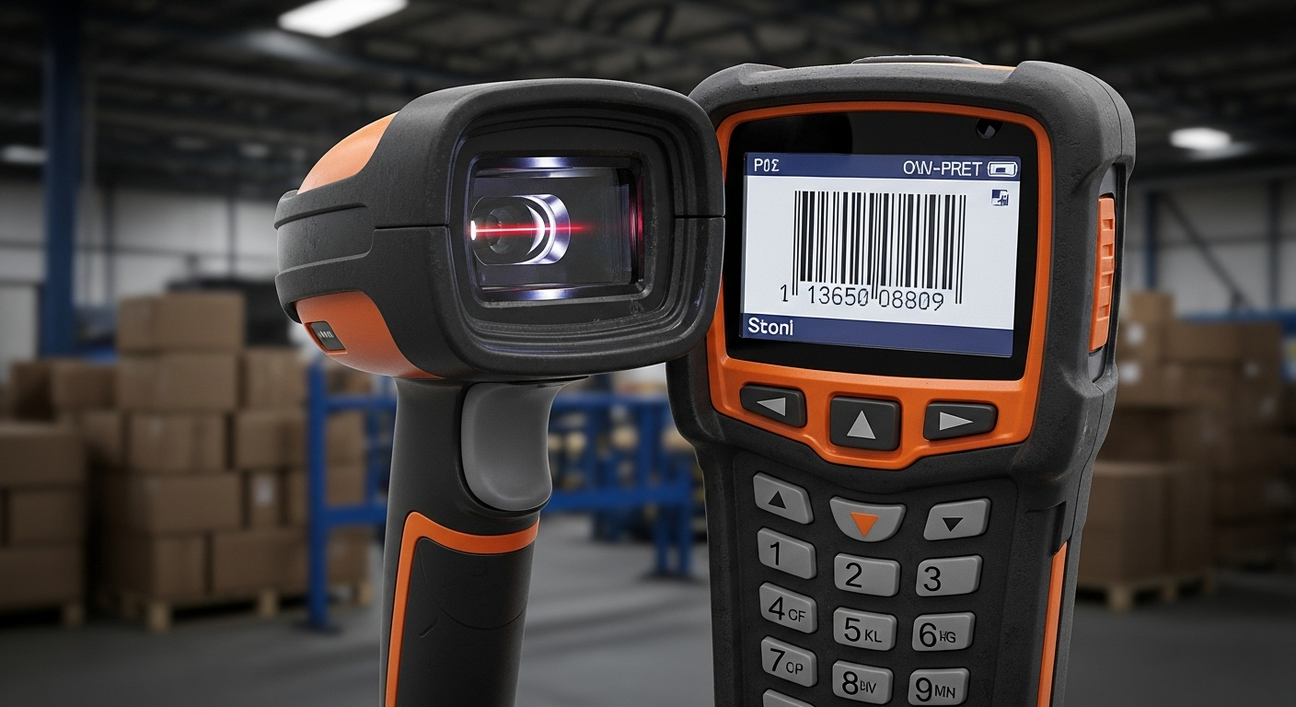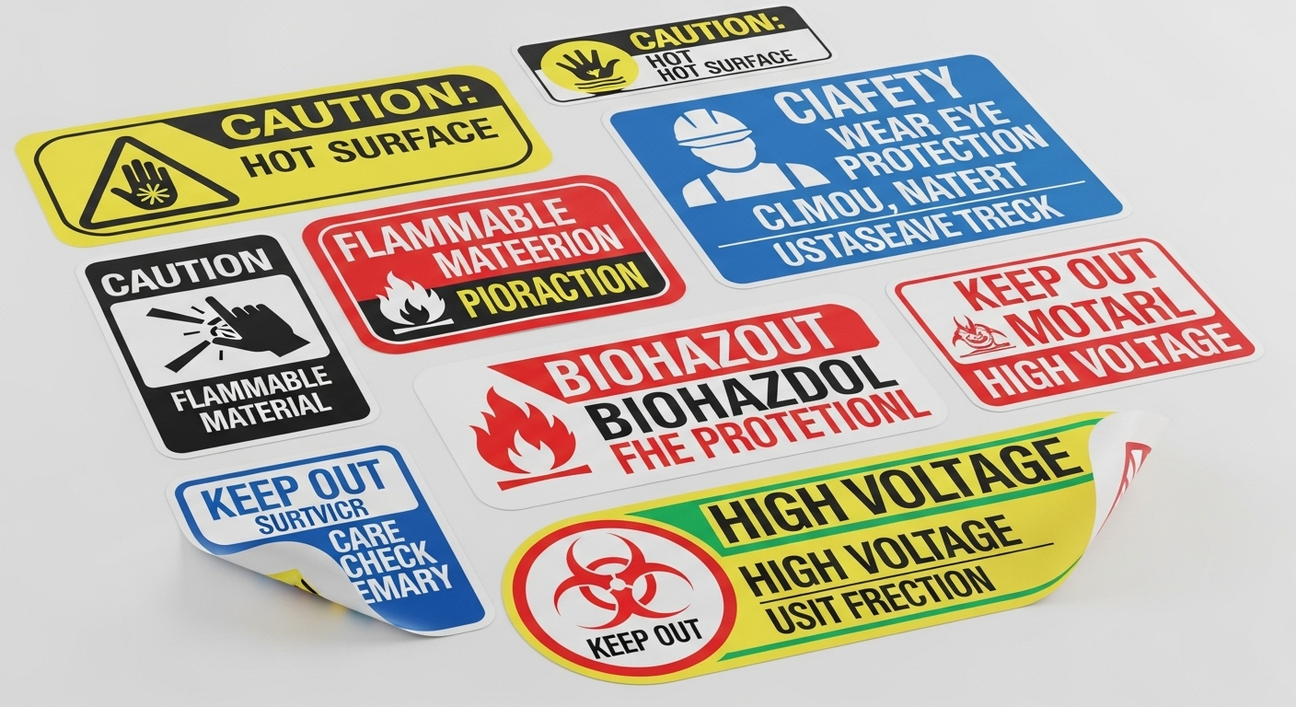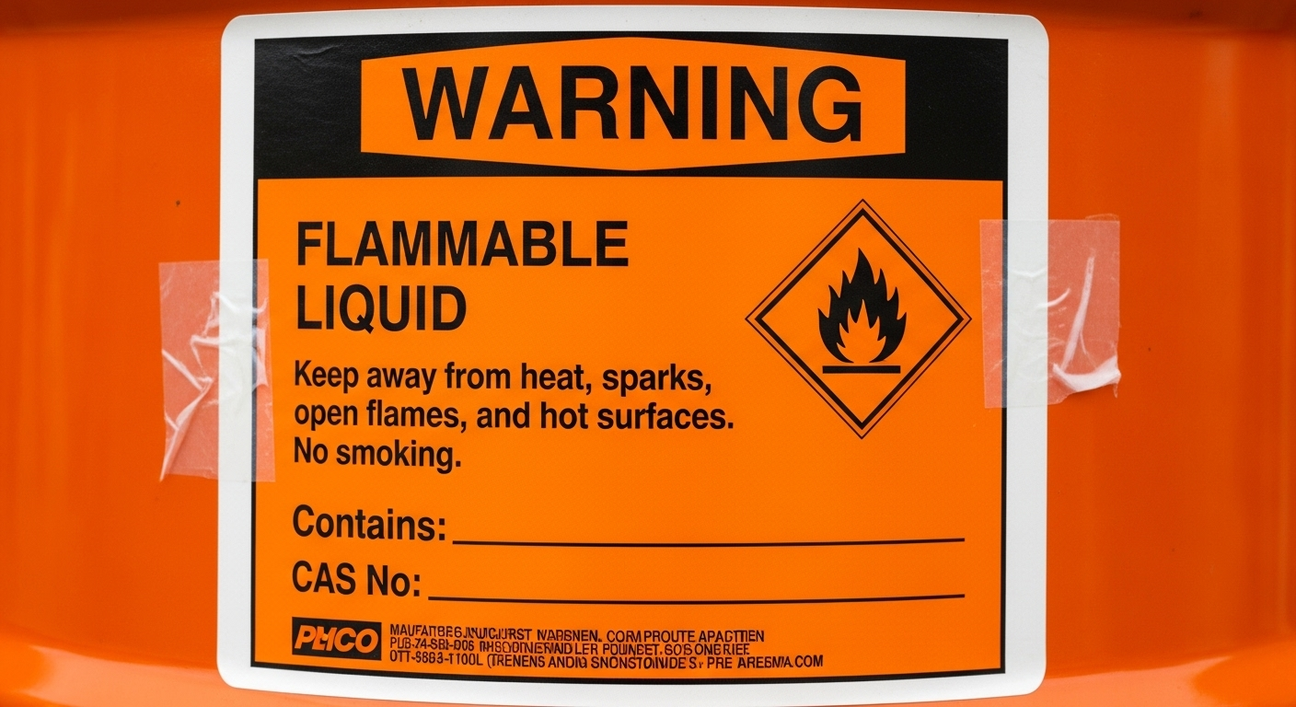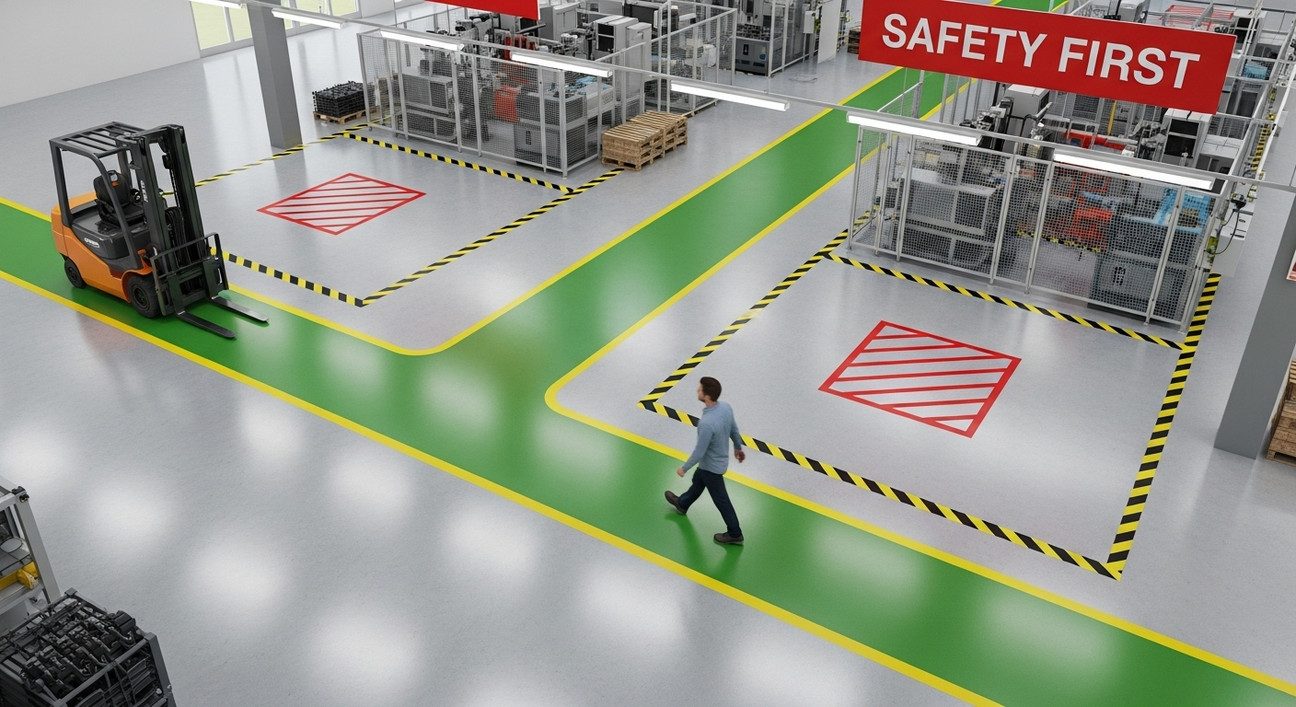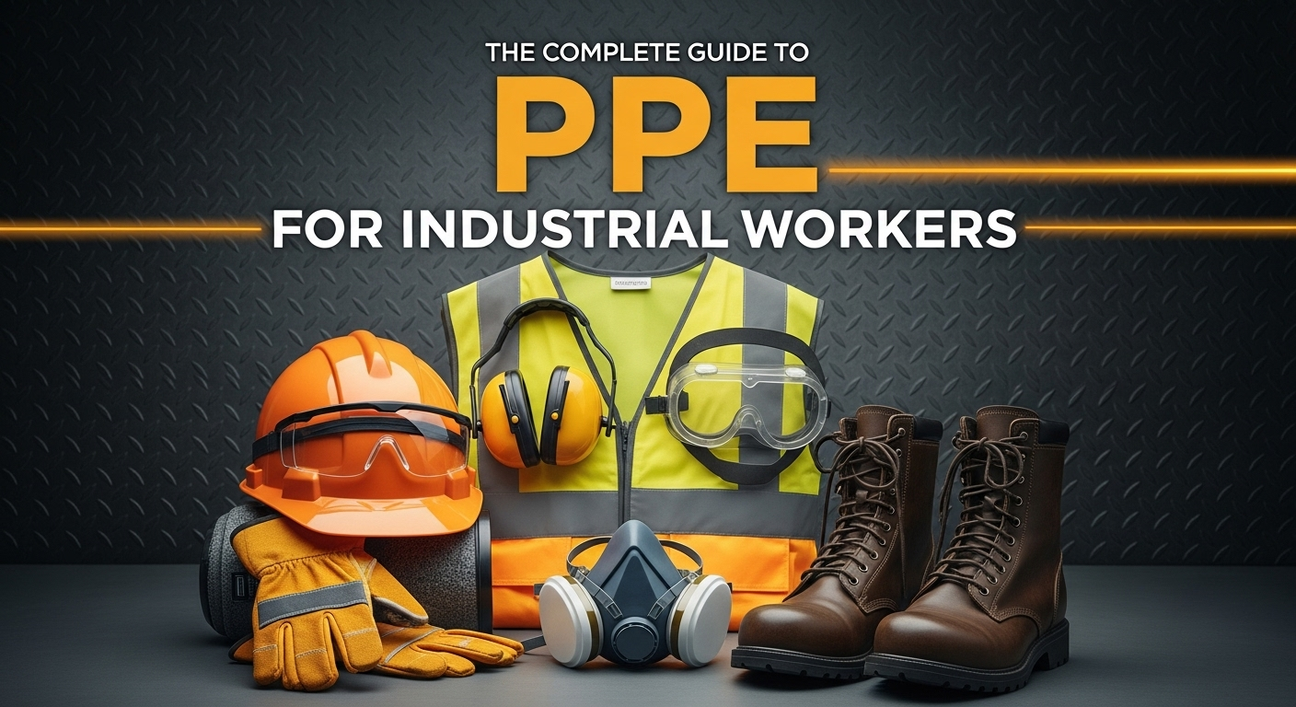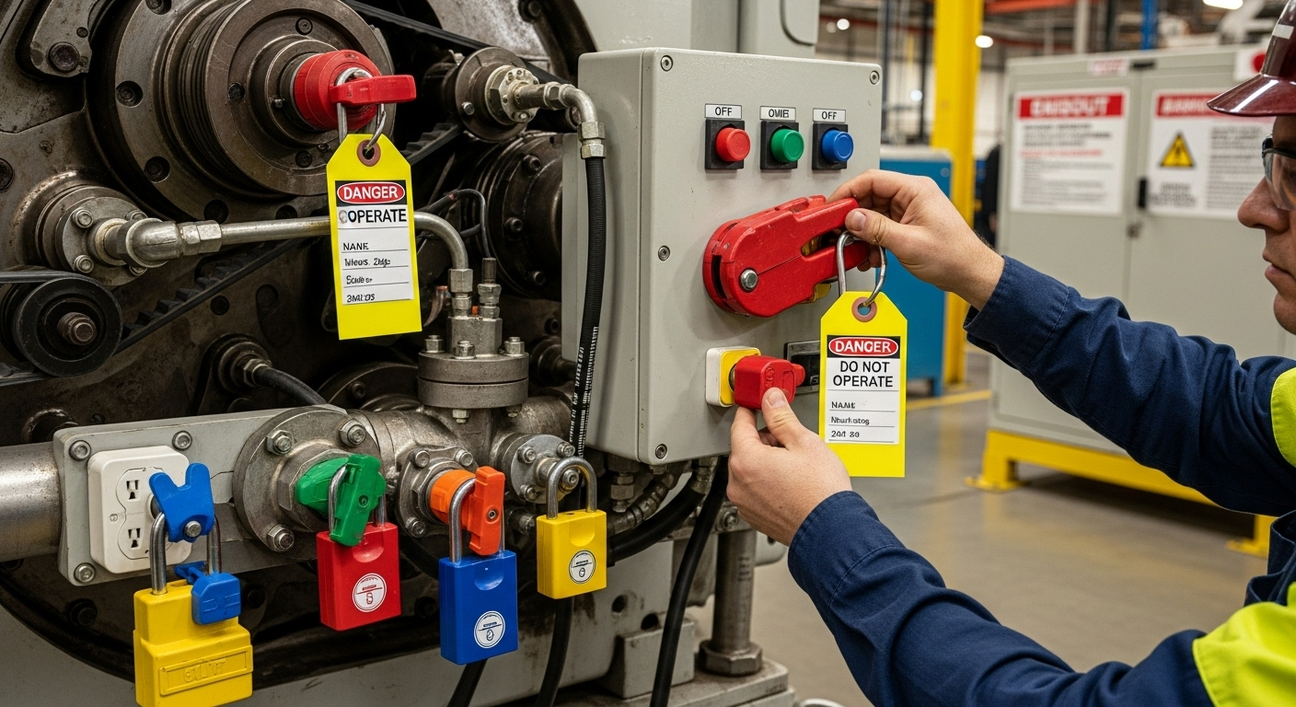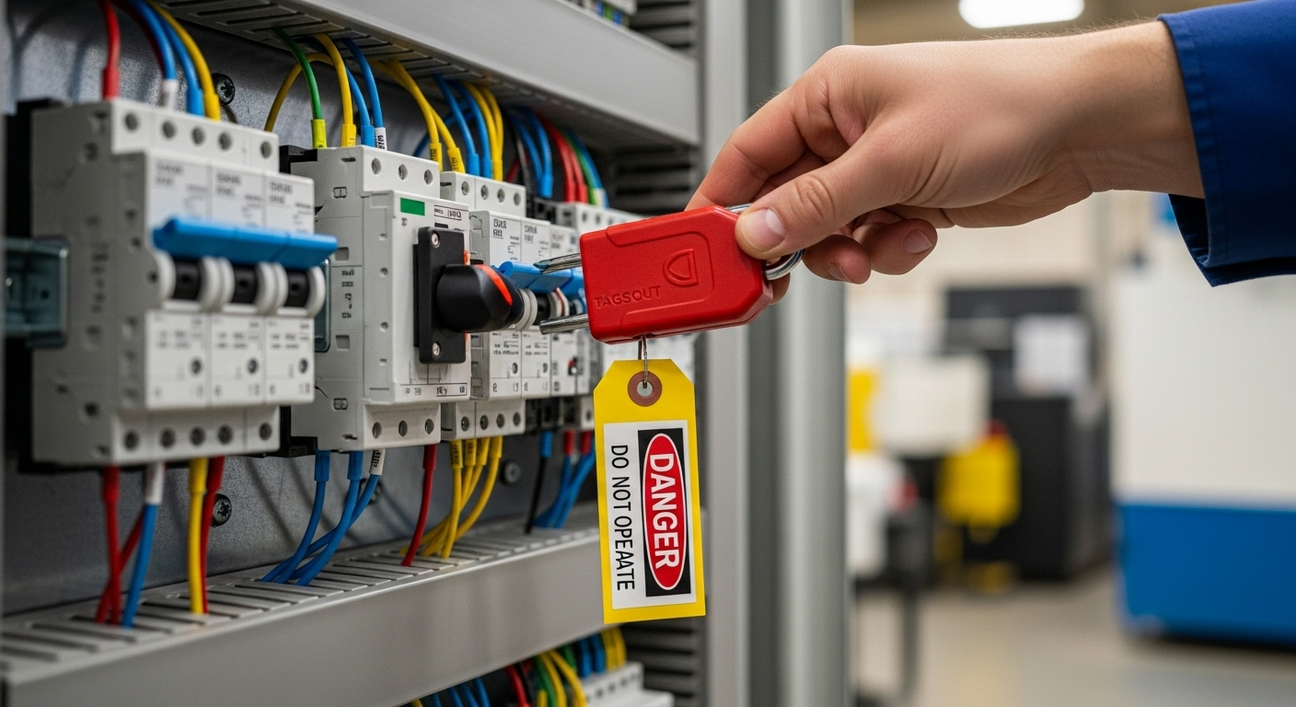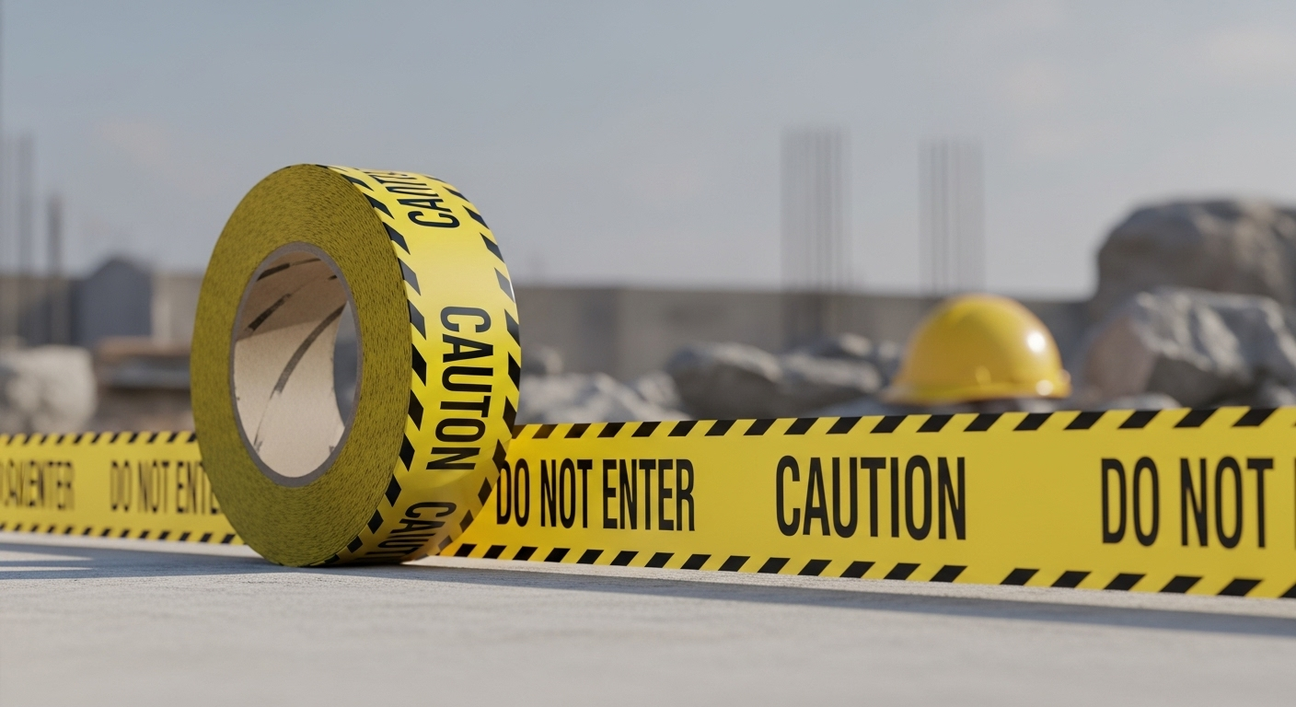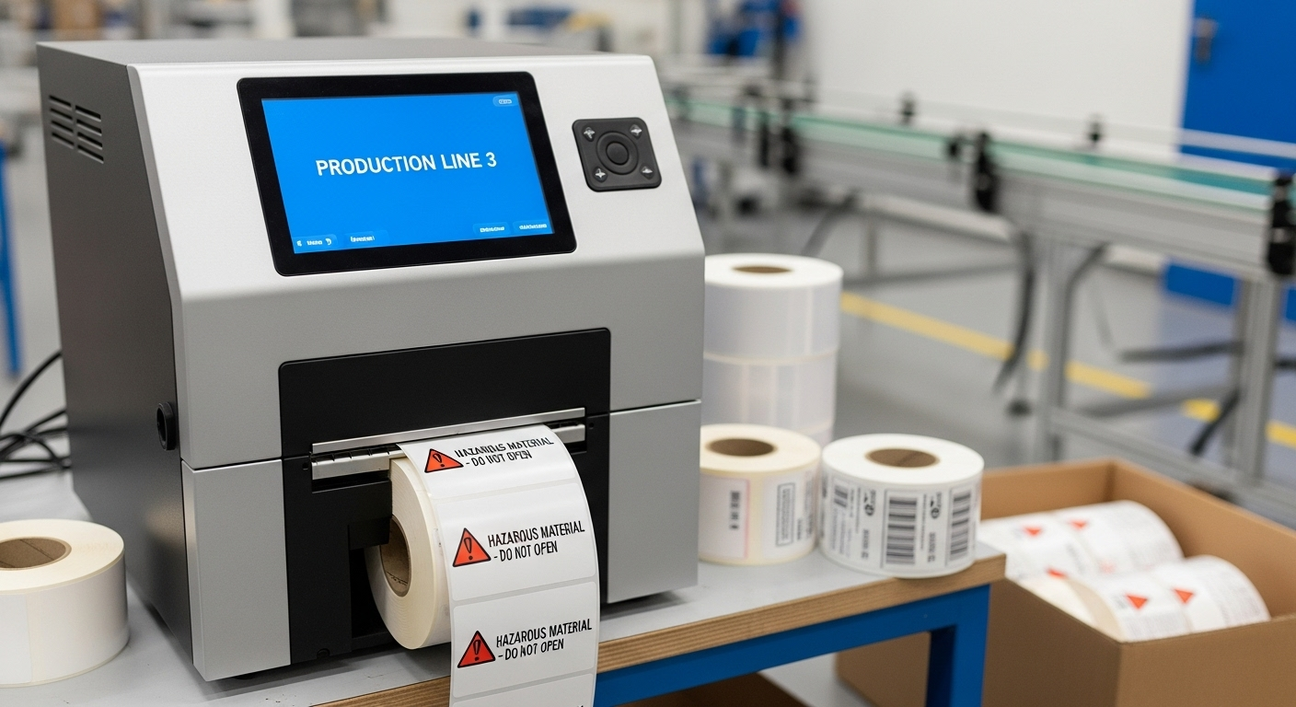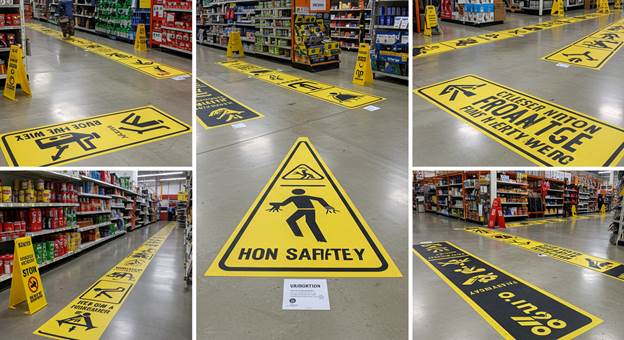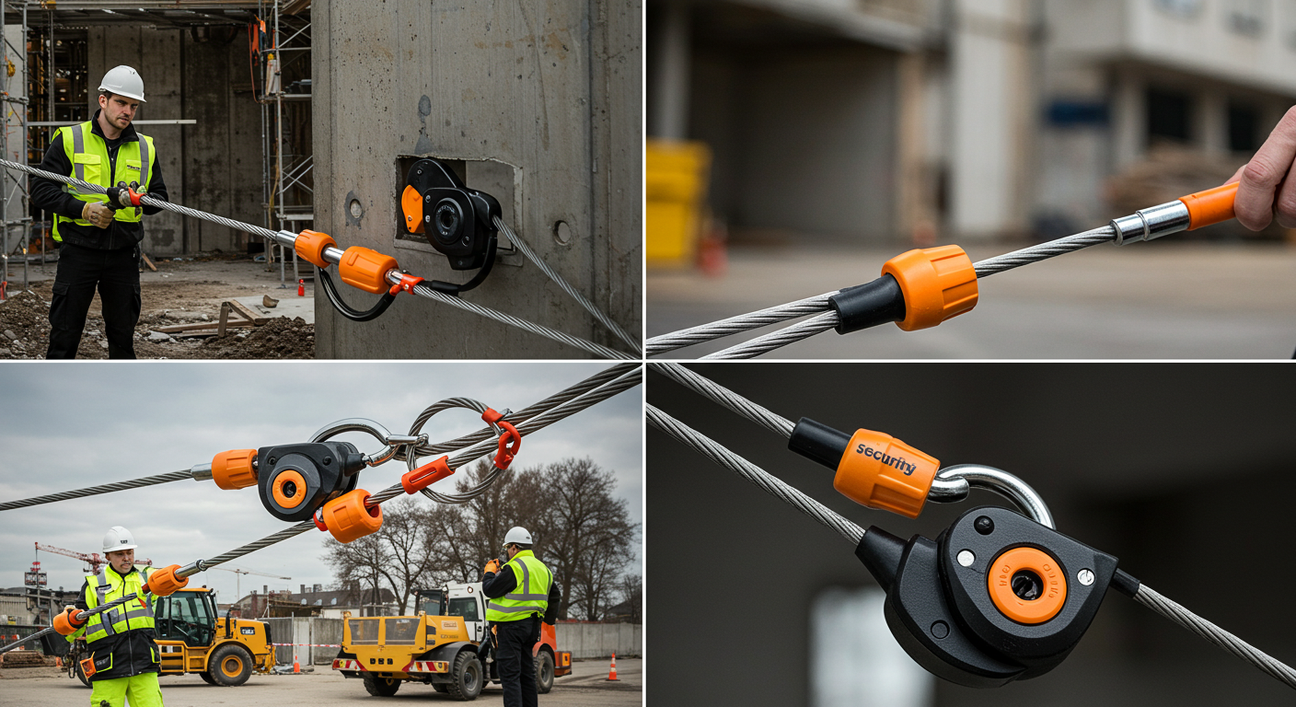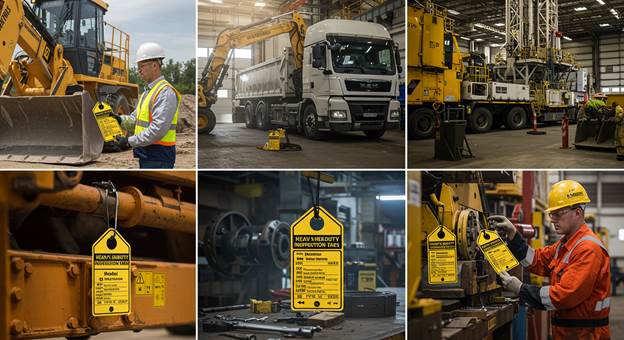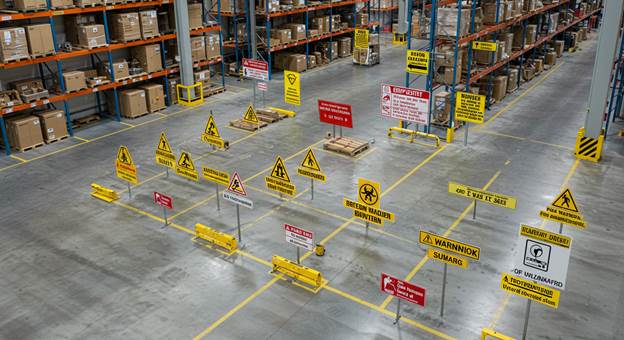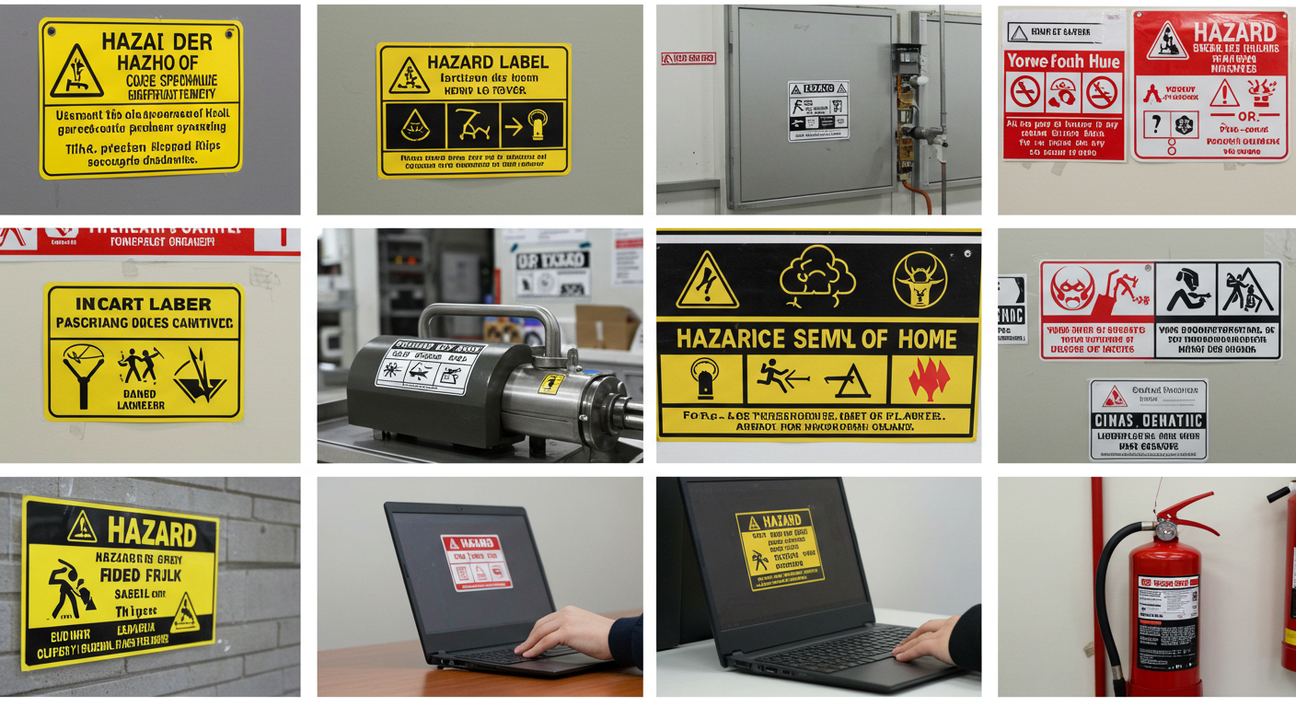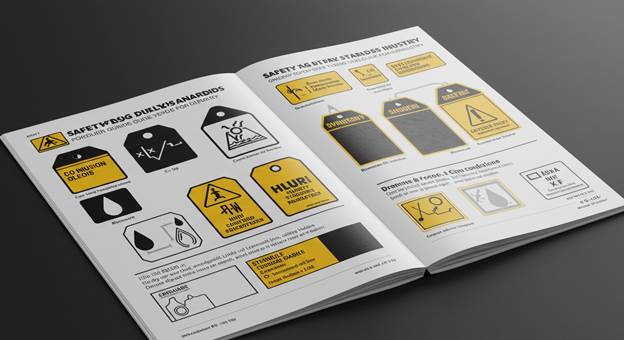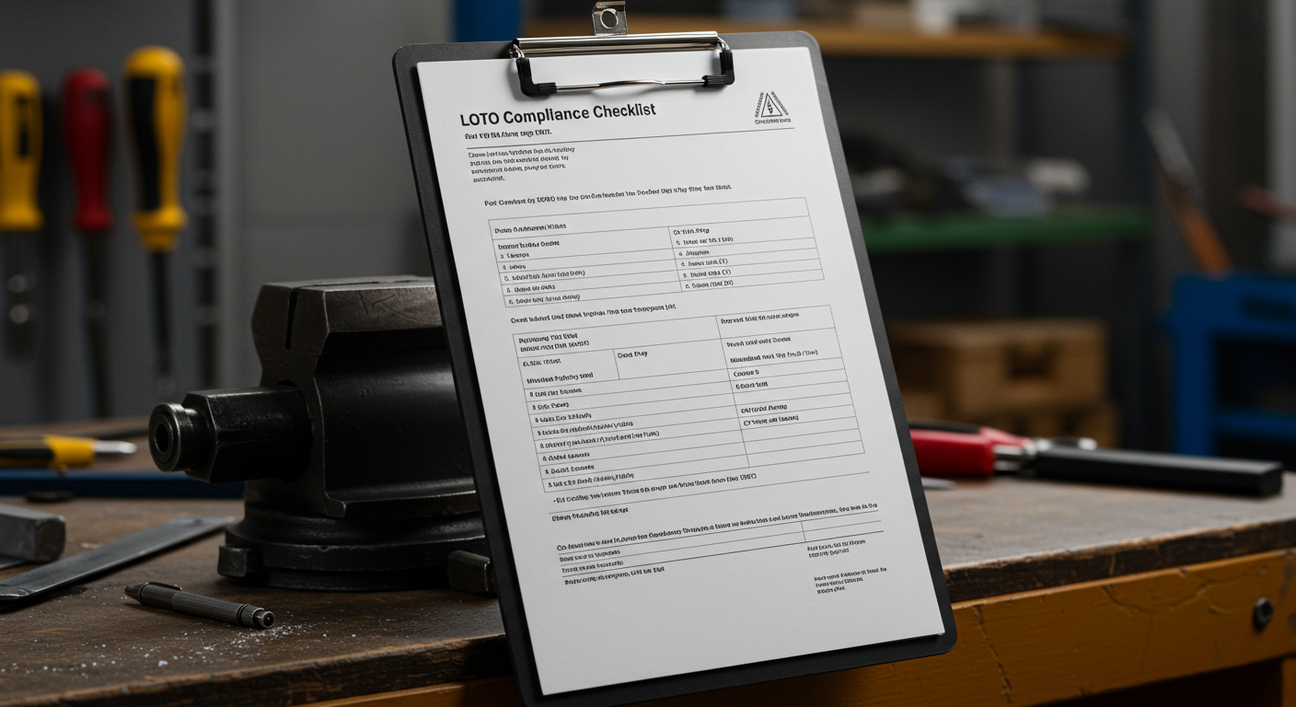Floor Marking Tape Safety Plan for Work Areas
1. Introduction: Why Floor Marking Safety Matters More Than Ever
Workplace hazards can hide in plain sight—but a well-implemented floor marking safety plan transforms any work environment. With thoughtful use of floor tape, you can minimize missteps, reduce collisions, and channel safe movement across levels and zones. A disciplined plan creates clarity, predictability, and confidence on the job.
2. Understanding Floor Marking Tapes: More Than Just Lines
While many see floor tape as merely decorative, safety experts understand it as a foundational tool. These durable, high-adhesive tapes resist scuffs, spills, and traffic—from forklifts in warehouses to foot traffic in corridors. The right tape not only guides, but also organizes and safeguards.
3. Key Areas Where Floor Tapes Improve Worksite Safety
-
Walkways and warehouse marking paths: separate pedestrian from vehicle zones
-
Hazard and danger areas: highlighted with safety tape
-
Process zones and labels: directing workflows and loading areas
-
Emergency exit floor guides for quick evacuation
-
Machinery barriers: defined by bold tape for awareness
Each visual cue creates a safer, more efficient environment.
4. Archford’s Role in Workplace Safety Solutions
The team at Archford delivers a wide range of high-performance floor marking tapes tailored to industrial environments. Their floor marking collection includes reflective, heavy-duty vinyl, and custom legend formats, all designed to meet real industrial needs.
5. Choosing the Right Floor Marking Tape
Choose tape thoughtfully:
-
Line marking width: broader for aisles, narrow for workstation edges
-
Durability: polypropylene for backrooms, reflective for low-light areas
-
Adhesive type: aggressive or standard depending on the floor substance
-
Color-coded legends: “WAREHOUSE PEDESTRIAN”, “FORKLIFT CROSSING”, or “DO NOT ENTER”
A clear design prevents misunderstanding and creates smooth traffic flow.
6. Color Coding Explained: What Each Tape Color Means
Color is universal language:
-
Green for safe zones
-
Yellow for caution or separation
-
Red for emergency or fire-lanes
-
Blue for PPE-required zones
-
Purple for sensitive equipment areas
-
Black & Yellow stripes for urgent hazard alerts
Archford simplifies this with ready-made tape options tuned for visibility and compliance.
7. Floor Marking Tape Safety Plan Tips
To build a floor marking tape safety plan that works:
-
Map out your site and define zones
-
Standardize color and messaging
-
Document the plan with diagrams
-
Train teams to respect the zones
-
Schedule regular audits and updates
Well-executed plans turn marking tape into a powerful safety tool.
8. Floor Tape Safety Workflow: Simple and Effective
Consider this workflow:
-
Day 0: Clean and prepare the floor
-
Day 1: Apply tape, trim edges, and ensure adhesion
-
Day 2: Walk the paths to confirm visibility
-
Weekly: Inspect for wear, peeling, or dirt
-
Monthly: Replace missing sections, update marking if needed
This floor tape safety workflow ensures markings remain integral to your daily operations.
9. Can Floor Tape Prevent Slips?
Yes—but only with proper application and surface prep. High-visibility floor tape can highlight slippery zones, prompt caution, and in some cases improve grip if it is textured. However, for truly slick environments, anti-slip solutions are recommended. Think of marking tape as the clear visual companion to anti-slip measures—not a replacement.
10. Step-by-Step Safety Plan Using Floor Marking Tape
No matter your facility type, a reliable strategy involves:
-
Floor mapping and hazard identification
-
Selecting floor guide routes and exclusion zones
-
Cleaning and prepping surfaces
-
Applying line marking, legends, and demarcations
-
Training staff and publishing the plan
-
Reinspecting and updating as conditions change
Safe layout equals safe actions.
11. Common Mistakes to Avoid When Applying Marking Tapes
Don’t let avoidable errors undermine safety:
-
Skipping floor cleaning—dirt reduces tape adhesion
-
Ignoring edge rounding—causes corners to peel
-
Over-labeling—too much information is just noise
-
Not prepping varied floor types—different surfaces need different adhesives
-
Forgetting inspection schedules—time is the enemy of clarity
Archford provides guidelines to assist with these critical issues.
12. Compliance Tips: Staying Aligned with Australian Standards
You must meet Safe Work Australia and ISO standards today. Your plan should be documented with:
-
Risk assessment maps
-
Color code explanations
-
Inspection timing and records
-
A plan for updating as layouts change
Archford's top-tier floor marking tapes make staying compliant straightforward.
13. Long-Term Maintenance and Inspection of Marking Zones
Maintain your investment:
-
Monthly visual inspection logs
-
Immediate repair or replacement of worn sections
-
Update legends after layout changes
-
Keep extra tape rolls on site
This keeps your floor tape actively supporting safety, not just decorating floors.
14. Benefits of Partnering with Archford for Your Floor Safety Needs
Archford is more than a product supplier:
-
End-to-end guidance, delivery, and installation support
-
Wide range of floor marking tapes, including pre-printed legends
-
Compliance-focused consultancy and training materials
-
Reliable delivery service across Australia
-
Quality that lasts—even under heavy traffic and wear
They turn your floor marking plan into a visible culture of responsibility.
Essential Safety Solutions for Lockout, PPE, and Hazard Control
|
Tips / Guide Summary |
|
|
Select kits with multi-lock hasps, padlocks, and tags suitable for your industry. |
|
|
Use non-conductive or keyed-alike locks for easier and safer LOTO application. |
|
|
De-energize sources and use circuit breaker or plug lockout devices per procedure. |
|
|
Use proper devices for ball, gate, or butterfly valves; attach lock + tag always. |
|
|
Apply colored floor tape for equipment zones, hazard areas, and safe walking paths. |
|
|
Install on stairs, ladders, and wet areas to prevent slips, especially outdoors. |
|
|
Include hard hats, gloves, eye protection, respirators, and safety footwear in kits. |
|
|
Provide annual training and refreshers using real-world scenarios and documented tests. |
|
|
Include procedures, device inspections, employee responsibilities, and recordkeeping. |
|
|
Ideal for securing multiple valves or electrical panels with one locking point. |
15. Final Words
When teams see clear, reliable markings, they feel safe and oriented. That translates into better morale, fewer mistakes, and smoother operations. With strategic deployment of floor tape from Archford, simple visual tools become powerful safety statements.
16. FAQs
Q1: What is the best width for floor marking?
Broader widths (70–100 mm) for aisles; narrower for small work areas.
Q2: How often should floor tape be replaced?
Typically every 6–12 months—depending on wear and floor usage.
Q3: Can floor marking tape be cleaned with chemicals?
Yes, use mild industrial cleaners—avoid hot steam or abrasive pads.
Q4: Does floor tape comply with safety regulations?
Yes, provided it follows color codes and is part of a documented plan.
Q5: Where can I find quality floor marking materials?
Head to Archford’s official page to explore premium Floor Marking tapes:


